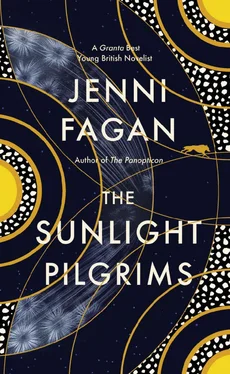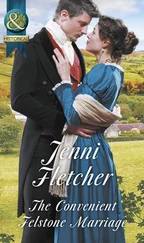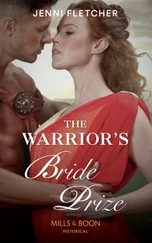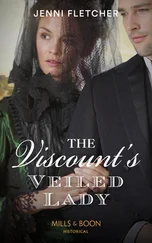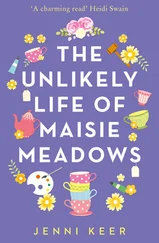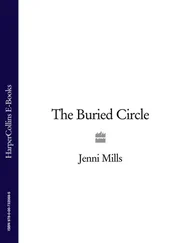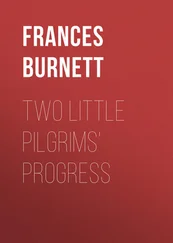— The branding’s good, though, she said.
— Why are you here?
— Aren’t you getting up, Stella?
— Why should I get up?
Gunn sat down at the table and put her boots up on the chair so that mud got on the cushions and she burped and lit a cigar. She pulled the bottle of gin over to herself.
— Coatlicue is on her way, she said.
— On her way where?
— Poplar Path.
— Where’s Vito?
— They took his hormones away, he’s standing on a bridge in Pordenone.
— I don’t want him to do that.
— You’ll meet him one day, don’t worry. He’s going to be fine.
She had a chess board with her and she set it up on the table and they passed Pawns and Queens and Bishops and Rooks and Knights, and Gunn told her all about rocks and men and how everything could be settled with sex, and how her value was only going to be as solid as she decided it would be and how little anyone knows about anything and how they all play dress-up and let’s-pretend, and that she has to work out how to make some money and how to keep it coming in and that is the key, and don’t stay with a man who plays games with your emotions and always have a lover on the side or you might as well be dead.
— You look a little like me, she said.
Stella pushed forward her Knight to claim checkmate.
— What about the real sunlight pilgrims, who were they?
— Those fucking crazy monks?
— Yeah.
— You’re descended from the one that was left on the island, Gunn said.
— The one that didn’t eat gannets.
— The one that drank light until his eyes glowed like lasers in his head. I had a toy like that once, a little wind-up metal monkey, and it had two red lights for eyes and it played the drums and stamped its feet a lot. It was my first true love, she said.
— Why aren’t you visiting Dylan?
— That boy’s brain couldn’t take it — he’s figuring out a few things right now.
— He’s heartbroken since you both died.
— He’ll get over it, Gunn says.
— You miss him.
— I do.
— He was your favourite, over Vivienne?
— By a long, long way but I’m not proud of that. It wasn’t Vivienne’s fault, you know.
— What wasn’t her fault?
— Any of it.
— Why come to me?
— I’m just doing the rounds.
— What are you, a milkman?
— Just seeing the family, she said.
When Stella woke up she felt like she hadn’t slept at all, and rolling over and looking at their kitchen table and no mud-prints on the cushion and no cigar in the ashtray, only the dog-ends from her mum’s joint and cigarettes and glasses on the drying rack. Stella opens the curtains. Outside the sky is a clear, clear blue and the snow has stopped. Crystals sparkle across everything, over the lumps and hillocks of things hidden by the snow. She can hear Constance turn over in her bed. There is no sign of last week’s skies, which were so white and dense and heavy it seemed it was pressing down onto Clachan Fells. Lewis Brown walked past their caravan three times last night. Everyone knows you only walk past someone’s caravan if you want to stick your hands up their jumper. She will get Vito over here and he will drive through the caravan park in a big fancy car and park right outside Ash Lane and all the kids will watch her as she climbs inside. She’ll wear a headscarf and big glasses and blood-red lipstick, and she and Vito will neck for ten minutes in front of everyone before he starts the engine and his car flies right up into the sky. He will drive her to Gretna Green and marry her. Just the two of them. Maybe her mum will come, and Dylan, and Barnacle, and she’ll stay with him for ever. He’ll be the only man she’ll ever kiss and even when she is old he will sing her songs.
Stella goes online.
The usual news is there.
Strange people doing even weirder things.
Ugly things.
Weather reports coming in from everywhere. A new coalition treaty to deal with environmental issues. A lorry gone off the road in Plymouth and straight through a house. A gunman in Florence. Migrants stuck off the coast of Sicily, Greece, Turkey. A man trying to sell a child outside a bingo hall. No e-mail from Vito. He was last in the chat-room three days ago. Now he is gone. She wants him back. She makes some tea, drinks it so hot that it scalds her throat and she checks for hair on her face — just soft down and it is not growing in so fast any more with this waxing, but they have still not got the hormones from the clinic, although it is only a matter of time now. She pulls on the moccasins that Alistair gave her. He must have taken ages to make them and it means something, although just because her feet look pretty in them doesn’t mean he can retrace his steps, but these moccasins are clearly not designed for a boy. Her biological donor has never called her by her real name, but he has stopped using the boy one and he did not give her shirts this year; he spent months sewing together the prettiest little moccasins she has ever seen. The laces are strong leather and she ties them up, tightly. On the radio a DJ is commending the emergency services and hospitals for stepping up, despite the cuts that keep going, due to a general economic decline that they are saying can only end in a complete collapse. He talks about the bankers and the government and big business but in a sad way, like the only thing he really has to look forward to is the cheese sandwich he’ll eat later on. They break for the weather. It is always on the radio now. There should be a spring one day, but not for at least a month or three.
In essence:
— It’s going to get a whole lot colder.
They don’t know if temperatures will rise.
DYLAN GETS his parka, pulls his boots on, clicks the caravan door shut. He crunches along Ash Lane. He heads down along past the park and for no reason at all he decides to take a left and go down through Poplar Path instead of the other route behind the garages, just for variety. He had an urge to have a gin this morning. He had to quell it with tea and loud music and burning a few logs on the fire. For today, in that, he wins. He saw Alistair going into Constance’s last night — that’s what did it, he was in there for an hour. Dylan paced for another hour after he left; the man still makes him want to turn to violence but he needs to rein it in. He turns onto Poplar Path and stops.
Down at the end of the path there are two black boots.
They stick up from the snow and it is clear some dog has gone past and scrabbled around and exposed the boots, otherwise they would be completely covered in snow.
He looks behind him.
Nobody is about.
As he walks down the path it appears to elongate.
He brushes the snow off the boots.
It is clear already from the body shape. He dusts snow off and his fingers can tell that what he is touching is solid as granite and twice as cold. Barnacle’s eyes stare up at the mountains. Clear. Frozen solid. They reflect the tall shadow of Dylan as he flicks snow off the guy’s collar, shows off those two badges on his lapels, one with a pure pristine world from space, the other celebrating a revolution. He steps back and the garages are reflected in those eyes as well. Barnacle must have walked here last night and sat down like an old Eskimo, like he said he would, that night on the roof. Snow falls off his arms, and his hands are out in front of him like two claws, like he is sitting in an armchair and is just about to get up.
The world turns.
People are somewhere talking, doing, being, driving; there are work places, there are strip-lights.
He dials 999 on his phone.
Barnacle’s eyelashes are frosted white and solid — he still has the pleat in his beard where he wanted it out of the way so he could drink and eat and laugh, and words are coming back to Dylan as he listens to the ring on his phone: Constance asking if Barnacle was going to stay with Ida, or at the community centre and Barnacle saying he’d rather just sit down in the snow — Dylan takes a few steps back.
Читать дальше
